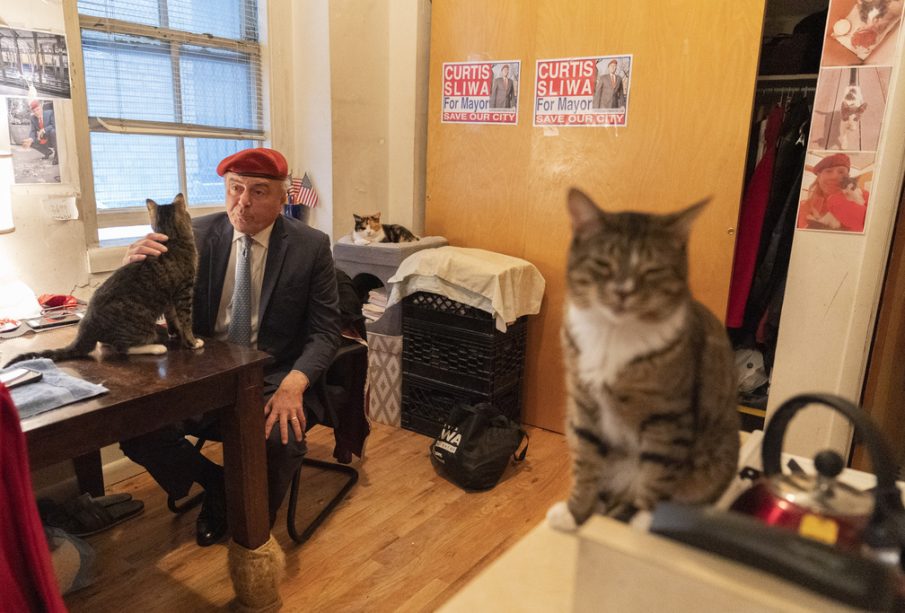Curtis Sliwa: The Voice of New York and Advocate for Safety

Introduction
Curtis Sliwa is a prominent figure in New York City, known for his dynamic career as a radio host, activist, and founder of the Guardian Angels. Sliwa’s voice resonates across the airwaves, making him a pivotal player in discussions surrounding public safety, crime, and community engagement. His influence is evident in both his media presence and his grassroots initiatives aimed at empowering citizens in urban environments.
Background and Rise to Prominence
Born on March 26, 1954, in New York City, Curtis Sliwa rose to fame in the late 1970s as the founder of the Guardian Angels, a volunteer organization formed to combat crime in the city. With a characteristic red beret and a group of dedicated volunteers, Sliwa emerged as a symbol of community self-defense. Over the decades, the Guardian Angels grew, expanding to cities globally and earning recognition for their proactive approach to public safety.
In addition to his activism, Sliwa has made a name for himself in the broadcast media industry. Beginning his radio career in the early 1980s, he gained prominence for his candid and often controversial discussions on issues affecting New Yorkers. Currently, Sliwa hosts a show on WABC Radio, where he tackles various topics from crime rates to political developments, consistently advocating for safety and justice.
Recent Events and Significance
The relevance of Curtis Sliwa in today’s discourse cannot be understated, particularly in the context of rising crime rates in various neighborhoods across New York City. His commentary and insights are increasingly sought after as citizens grapple with concerns over their safety and the efficacy of law enforcement. In recent months, Sliwa has leveraged his platform to address the need for community vigilance and active participation in crime prevention strategies.
Moreover, Sliwa’s candidacy for public office has sparked debate about the role of independent voices in political dialogue. His run for mayor in 2021, although unsuccessful, highlighted the importance of alternative viewpoints in municipal governance and the necessity for grassroots representation.
Conclusion
The legacy of Curtis Sliwa continues to shape the conversation around public safety and community responsibility in New York City. As he remains a vocal advocate for the Guardian Angels and an influential figure in media, Sliwa’s ongoing efforts to promote civic engagement will likely resonate with residents who seek positive change and increased security in their neighborhoods. With crime rates fluctuating and public safety concerns at the forefront, Sliwa’s insights and initiatives will undoubtedly play a crucial role in steering community actions moving into the future.


